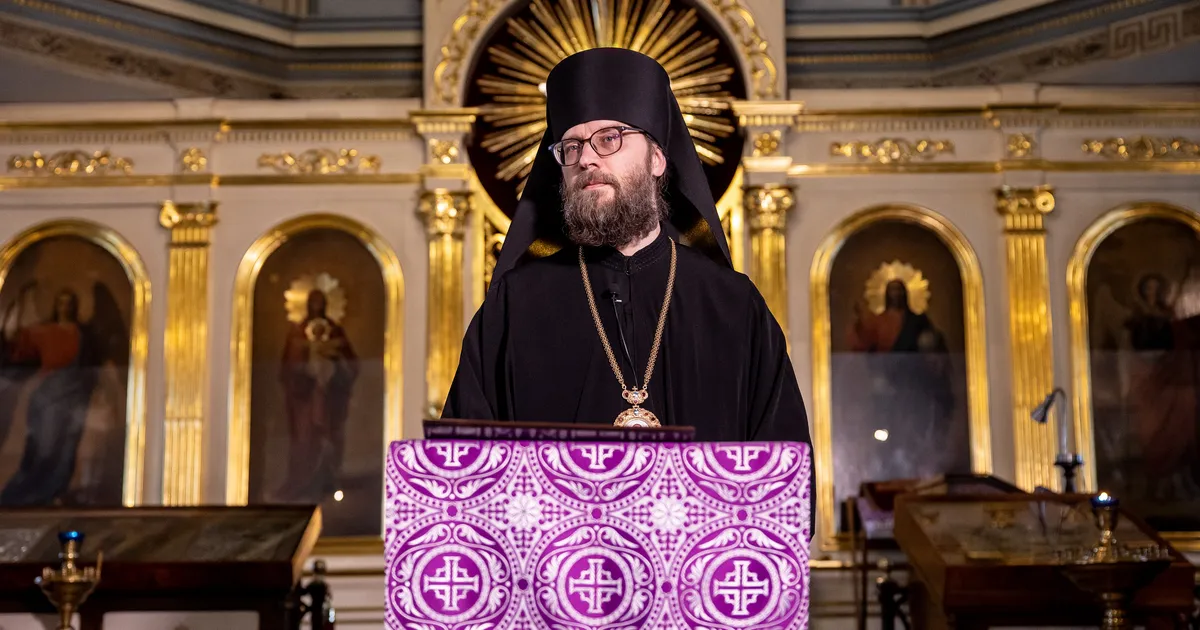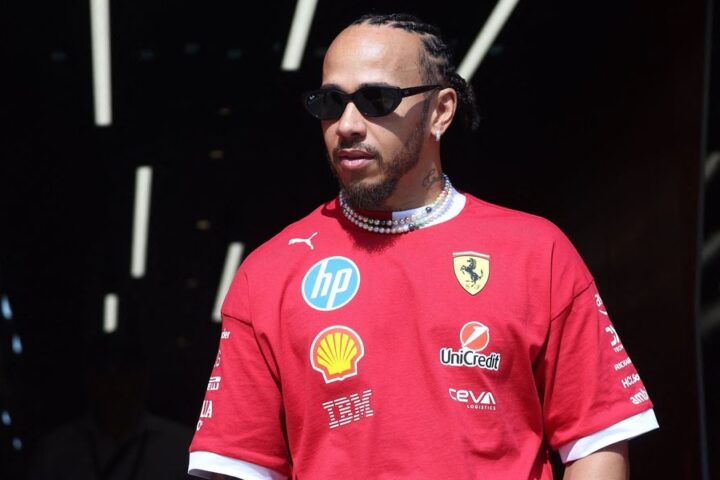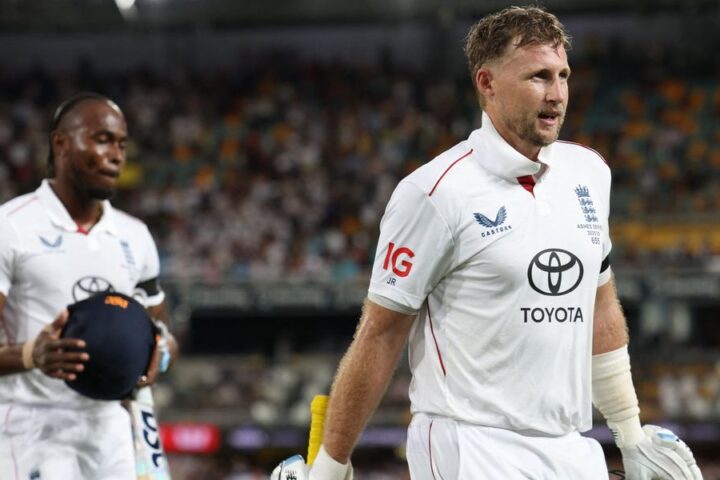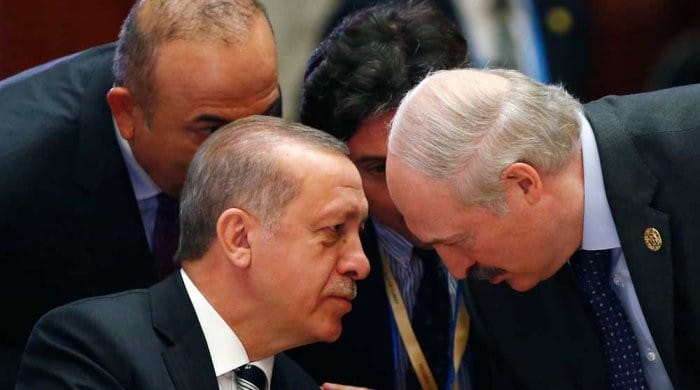Estonia’s President Alar Karis has for the second time refused to promulgate a new law passed by parliament that would allow the state to sever institutional ties between the Estonian Orthodox Church and the Russian Orthodox Church’s Moscow Patriarchate. The move, announced on 3 July, has sparked renewed political tension in Tallinn, as lawmakers accuse Karis of shielding a structure they say promotes Kremlin-backed propaganda under the guise of religious freedom.
Law targets foreign-linked religious organisations
The legislation, approved by the Riigikogu on 18 June 2025, seeks to prevent religious associations in Estonia from maintaining financial or administrative links with foreign religious centres deemed a threat to national security. This includes any entities that promote, support or finance activities aimed at undermining Estonia’s independence or constitutional order.
The government argues that the Moscow Patriarchate fits this category, citing its role as an active conduit for the ideology of the so-called “Russian World” and its open support for Russia’s military aggression in Ukraine. The draft law grants religious institutions a six-month window to amend their statutes and prove full independence from any such foreign control.
While Karis claims the legislation may violate the Estonian Constitution’s protections of freedom of religion and association, the majority in parliament maintain the law is a necessary safeguard against Kremlin influence disguised as religious activity.
Post-Soviet legacy fuels deepening rift
The roots of the dispute stretch back to the 1990s, following the Soviet Union’s collapse, when the Estonian Apostolic Orthodox Church — previously operating in exile — returned to Estonia and was officially recognised by the state. This stripped the Moscow Patriarchate of its exclusive authority over Orthodox Christianity in the country, igniting a decades-long jurisdictional conflict between the Moscow and Constantinople Patriarchates.
Over time, the Estonian Apostolic Orthodox Church, under the Ecumenical Patriarchate of Constantinople, regained legal ownership of most church properties through restitution. However, the Moscow-affiliated clergy maintained significant influence by relying on the country’s sizeable Russian-speaking population, many of whom retain cultural and political ties to Russia.
Religious leaders from Constantinople have publicly backed the Estonian government’s initiative, viewing the new law as a legitimate instrument to protect national sovereignty. Meanwhile, representatives of the Moscow Patriarchate oppose the legislation, accusing the state of infringing on religious rights.
Tensions mount between parliament and presidency
This is the second time Karis has refused to sign the bill into law, despite concessions made by lawmakers after his initial veto. The revised text narrowed the scope and extended the deadline for compliance by church institutions. Still, the president argues the law remains constitutionally flawed.
Interior ministry officials, who introduced the bill back in October 2024, remain firm that the legislation is essential to “eliminate foreign religious influence that undermines Estonia’s democracy and security.”
As the stand-off continues, lawmakers warn that the president’s position may help perpetuate a legal framework in which the Moscow Patriarchate operates freely — potentially amplifying Kremlin messaging across Estonia’s religious and civic spheres.
The debate now strikes at the heart of Estonia’s post-Soviet identity: how to uphold democratic freedoms while defending against the strategic use of religion as a political weapon by foreign powers.












